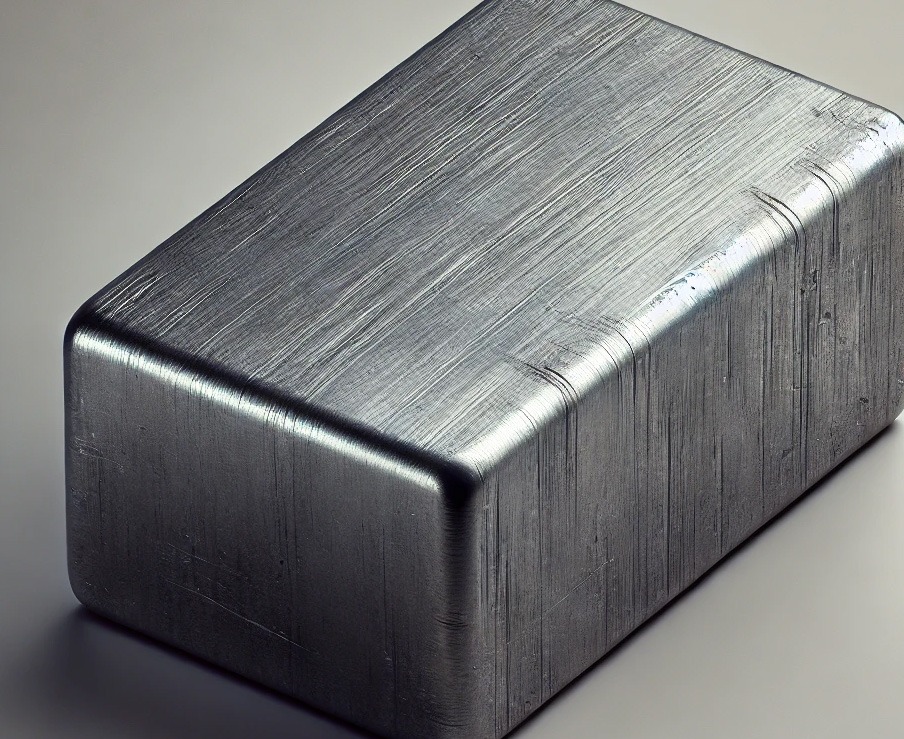Tantalum (Lat. Tantalum) is a rare, semi-precious, silver-grey metal known for its exceptional corrosion resistance, high melting point, and high density. Tantalum is so resistant to the corrosive effects of acids that even aqua regia, a highly corrosive acidic mixture capable of dissolving almost all metallic compounds, has no effect on it. Tantalum is also notable for its biocompatibility with human body tissues. The metal has a melting point of 2996°C and a boiling point of 5425°C.
One important application of tantalum (in the form of metal powder) is in the manufacture of electronic products. The metal is used to make capacitors for various devices and (sometimes) high-power resistors. Tantalum is also found as a component in various high-strength metal alloys, such as tantalum-tungsten or tantalum-niobium alloys. Due to the exceptional heat resistance of tantalum, parts made from mentioned alloys are used in the aerospace industry.
Due to its rarity, relatively high cost, and unique properties, tantalum (chemical symbol Ta) is less commonly found in everyday household appliances and objects. The amounts of this metal in various everyday electronic devices are extremely small. It is worth noting that tantalum is used to make hypoallergenic jewelry due to its unique chemical properties. Larger quantities of tantalum are used in the manufacture of specialized surgical implants, ranging from 0.5 to 5 grams of this metal per implant.
Sources:
